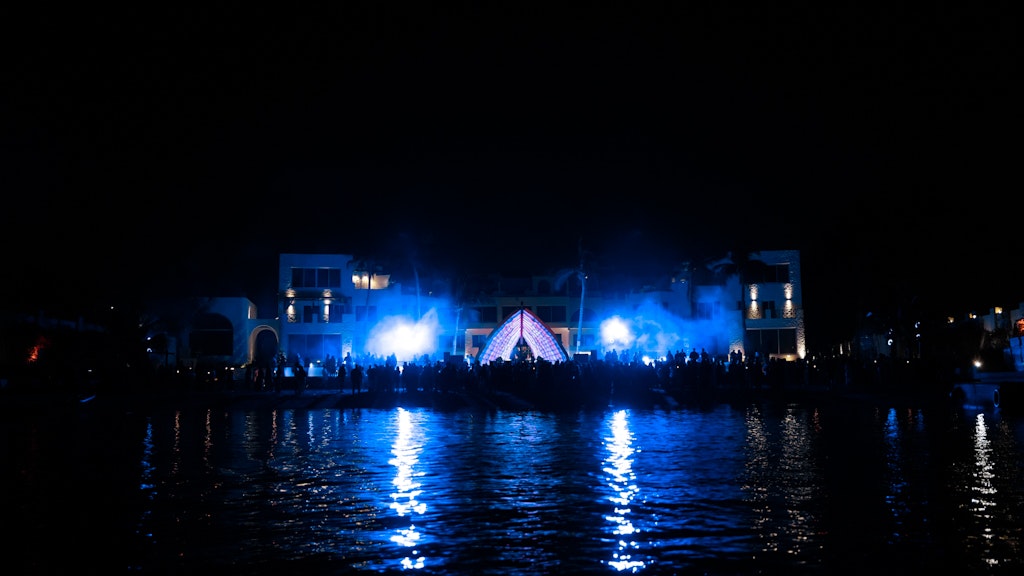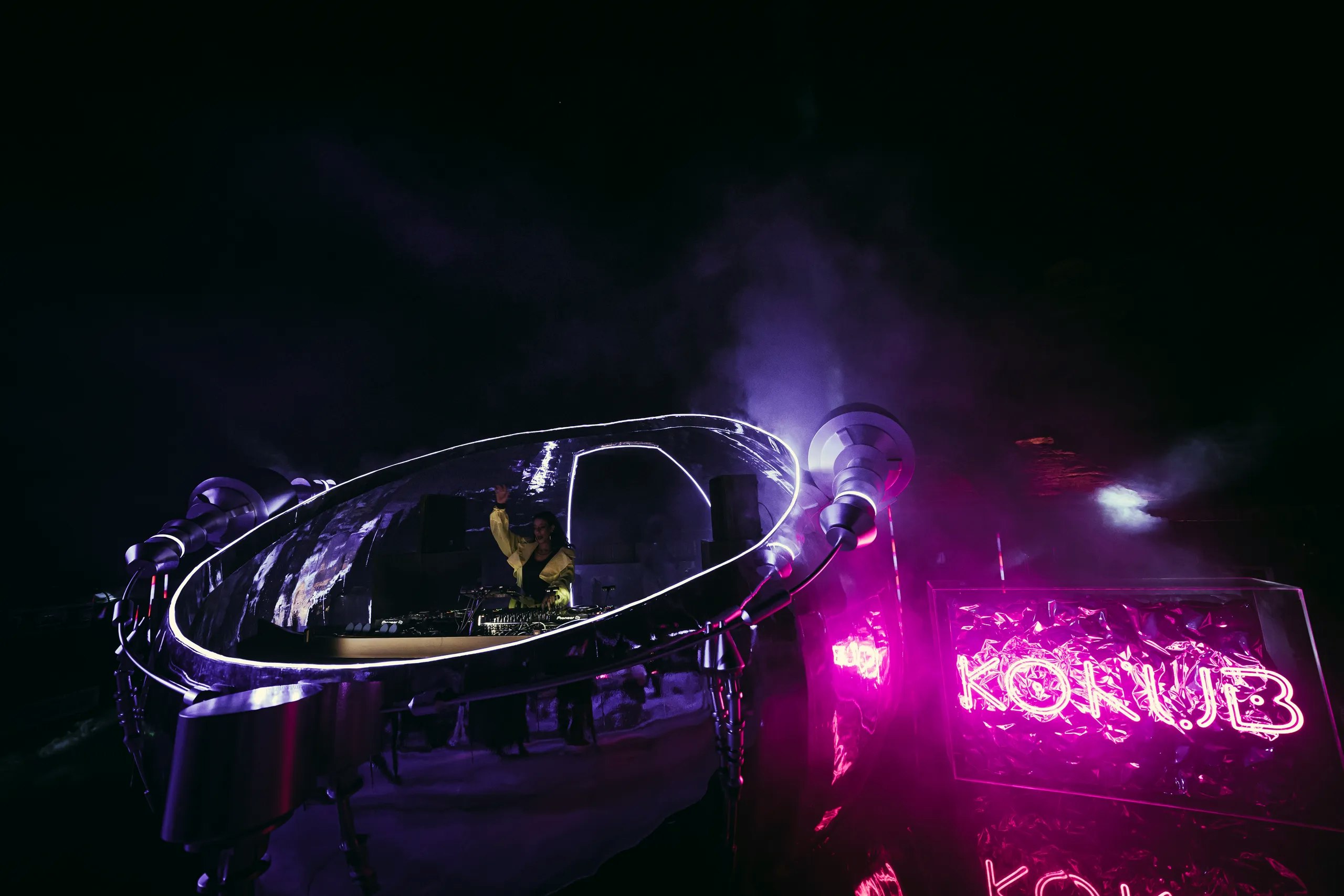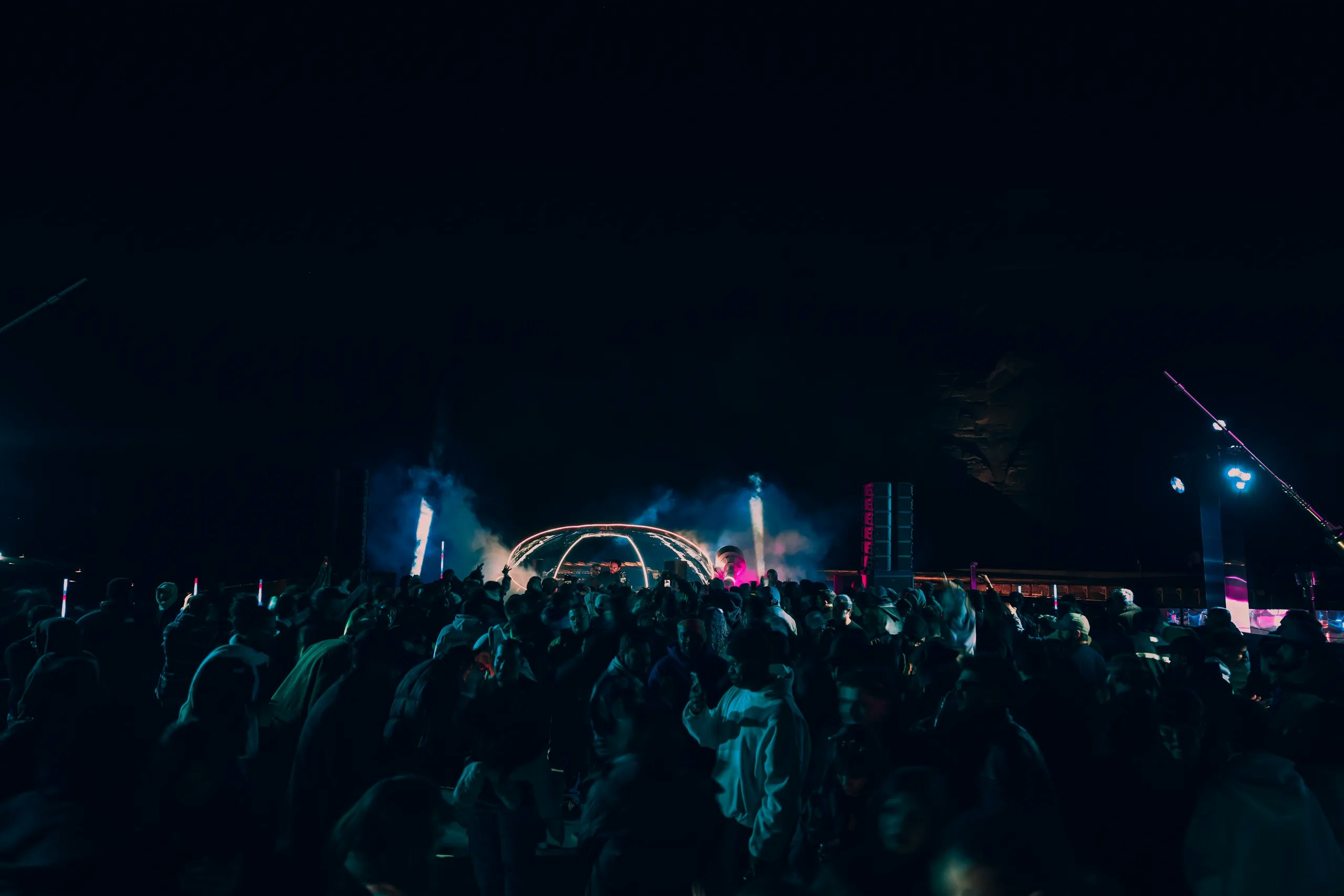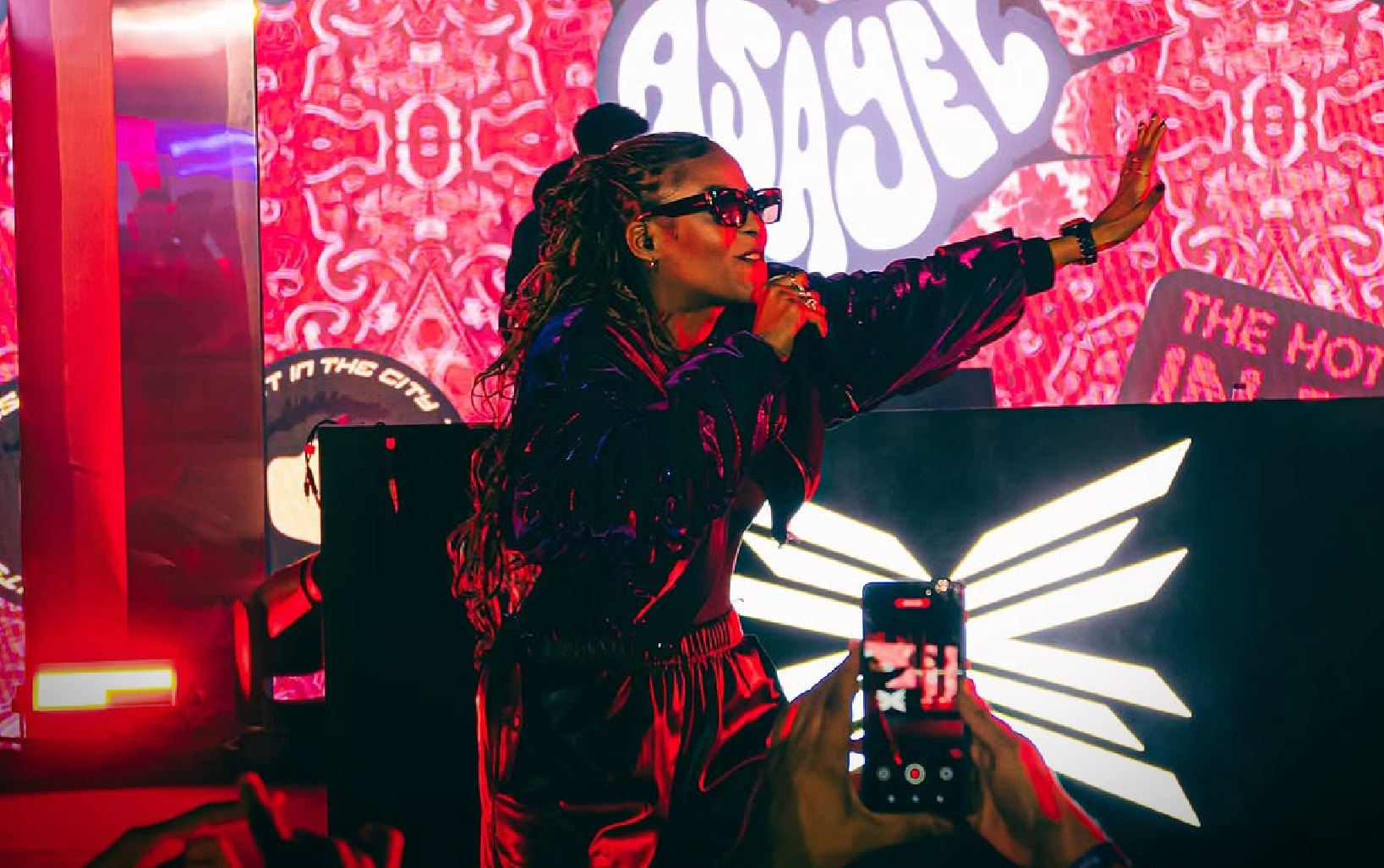
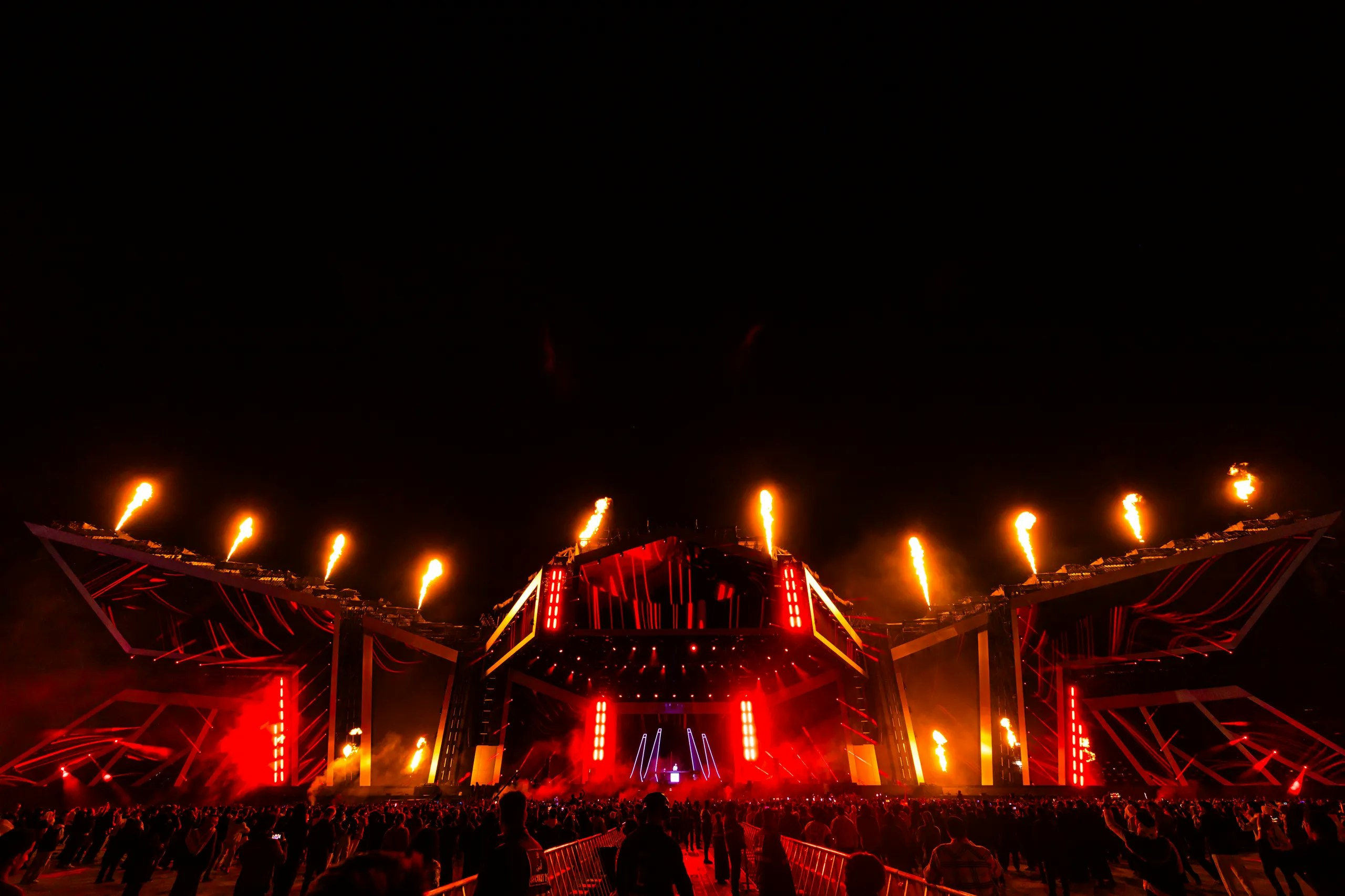
Exploring the Biggest Music Festivals of All Time
By MDLBEAST
April 23 2024
Exploring the Biggest Music Festivals of All Time
By MDLBEAST
April 23 2024
Music festivals are more than just gatherings; they are cultural phenomena, where melodies mingle with memories, and the spirit of unity transcends boundaries.
Over the years, numerous festivals have emerged as icons, etching their names in the musical history. From Woodstock's legendary '60s revolution to the contemporary mega-events like Coachella, these festivals have not only defined genres but have also shaped generations. Let's delve into the sonic scene, exploring the biggest music festivals of all time.
Woodstock (1969)
No recount of music festivals would be complete without mentioning Woodstock, the epitome of counterculture and free expression. Held in August 1969 in Bethel, New York, Woodstock became synonymous with peace, love, and music. Over 400,000 attendees gathered to witness iconic performances from artists like Jimi Hendrix, Janis Joplin, The Who, and many more. Woodstock wasn't just a concert; it was a cultural touchstone, a testament to the power of music to unite and inspire social change.
Glastonbury (Since 1970)
What began as a modest gathering of 1,500 people in 1970 has evolved into one of the world's largest and most iconic music festivals. Glastonbury, held annually in Somerset, England, has hosted an array of legendary acts, from David Bowie to Beyoncé. Its eclectic lineup spans multiple genres, ensuring there's something for everyone. But Glastonbury isn't just about the music; it's a celebration of arts, culture, and activism, with its Green Fields and Leftfield stages offering platforms for social and environmental discourse.
Coachella (Since 1999)
Since its inception in 1999, Coachella Valley Music and Arts Festival has emerged as a cultural juggernaut, drawing crowds from across the globe to the California desert. Known for its star-studded lineup and extravagant art installations, Coachella has become a symbol of music, fashion, and celebrity culture. From Prince's legendary performance in 2008 to Beyoncé's groundbreaking set in 2018, Coachella continually raises the bar for festival experiences, setting trends and shaping pop culture along the way.
Tomorrowland (Since 2005)
Transporting attendees into a whimsical world of electronic music and fantasy, Tomorrowland has earned its place as one of the world's premier electronic dance music festivals. Held annually in Boom, Belgium, Tomorrowland is renowned for its elaborate stage designs, immersive themes, and a lineup of top-tier DJs. With its global expansion and live-streamed events, Tomorrowland has become a beacon of unity for dance music enthusiasts worldwide, embodying the mantra of "Live Today, Love Tomorrow, Unite Forever."
Burning Man (Since 1986)
More than just a music festival, Burning Man is a temporary community dedicated to radical self-expression, art, and self-reliance. Held annually in Nevada's Black Rock Desert, Burning Man defies conventional categorization, transcending the boundaries of a traditional festival. Participants, known as "Burners," come together to create a temporary city, complete with art installations, themed camps, and mutant vehicles. While music plays a significant role in the Burning Man experience, it's the ethos of community and creativity that truly sets it apart.
Roskilde (Since 1971)
Founded in 1971, Roskilde Festival in Denmark is one of the oldest and most esteemed music festivals in Europe. What sets Roskilde apart is its nonprofit status, with all profits donated to cultural and humanitarian causes. Over the years, Roskilde has featured performances from a diverse array of artists, spanning rock, pop, hip-hop, and beyond. But beyond the music, Roskilde fosters a sense of community and activism, with its famed Orange Stage serving as a platform for both established acts and emerging talent.
Reading and Leeds Festivals (Since 1971)
Twin festivals held simultaneously in England, Reading and Leeds have become staples of the UK's music scene since their inception in 1971. Known for their rock-centric lineups, these festivals have seen legendary performances from bands like Nirvana, The Rolling Stones, and Arctic Monkeys. In recent years, Reading and Leeds have expanded their musical offerings to include genres like hip-hop and electronic music, attracting diverse audiences while retaining their rock roots.
Lollapalooza (Since 1991)
Originating as a farewell tour for Jane's Addiction in 1991, Lollapalooza has since transformed into one of the most iconic music festivals in the United States. Founded by Perry Farrell, the festival initially toured North America before finding its permanent home in Chicago's Grant Park. Lollapalooza boasts an eclectic lineup that spans genres like alternative rock, hip-hop, electronic, and beyond, featuring headliners such as Radiohead, Kanye West, and The Strokes.
Beyond the music, Lollapalooza showcases art installations, culinary experiences, and sustainability initiatives, making it a multifaceted celebration of creativity and culture. With its expansion to international locations like Berlin, Paris, and Santiago, Lollapalooza has cemented its status as a global phenomenon, uniting music lovers from around the world in the spirit of discovery.
-
Ready for the biggest music festival in the MENA region? Buckle up for Soundstorm from MDLBEAST.
Share this
